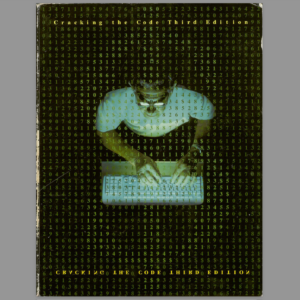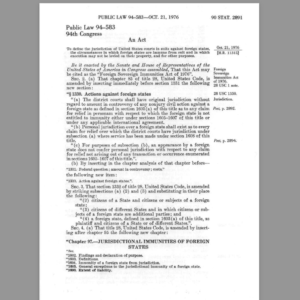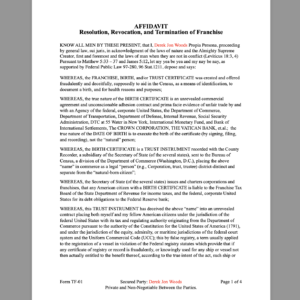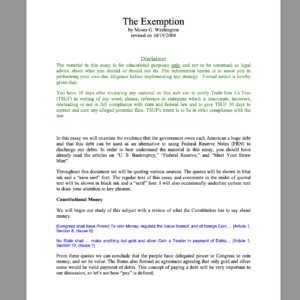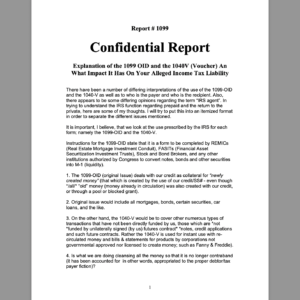📌 Introduction: What Is the Mailbox Rule?
The Mailbox Rule — also known as the Posting Rule — is a foundational legal doctrine in contract law that determines when an offer is considered accepted. Under this rule, once the offeree properly mails their acceptance (or notice), it is legally effective — even if the offeror has not yet received it.
This principle, though rooted in early 19th-century English law, remains an active and powerful doctrine today, not just in contract formation but also in modern commercial processes, private equity enforcement, and lawful tender of payment.
📜 Origins and Legal Foundation
The rule traces back to the English case Adams v. Lindsell (1818), where the court held that a contract was formed the moment the buyer mailed their acceptance, not when the seller received it. This principle reflects commercial necessity — protecting parties who perform their duties by putting notices or payments in the mail, regardless of postal delays or gamesmanship by the recipient.
In U.S. law, the doctrine is enshrined in Restatement (Second) of Contracts § 63 (1981), which states:
“Unless the offer provides otherwise… acceptance is operative and completes the manifestation of mutual assent as soon as put out of the offeree’s possession, without regard to whether it ever reaches the offeror.”
This rule typically applies to bilateral contracts — where both parties promise performance — and not to option contracts, unless the jurisdiction provides otherwise. Some states (like California) have extended it to option contracts, but most have not.
⚖️ Application Beyond Just Offers: Notices, Affidavits, and Tender
While traditionally applied to offers and acceptances, the mailbox rule carries broader legal implications in commerce and equity — particularly in the following domains:
🔹 1. Legal Notices and Affidavits
In many proceedings — including administrative claims, equity enforcement, and private trust matters — when a party sends an affidavit, a presentment, or a legal notice via certified or registered mail, the notice is deemed delivered upon mailing.
Silence or refusal to open such mail does not negate delivery.
This is codified in UCC § 1-202(e):
“A person receives a notice or notification when it is duly delivered… or when it is duly deposited in a manner reasonable under the circumstances.”
So when a creditor tenders lawful payment, files notice of default, or presents a demand under contract — mailing it is enough.
🔹 2. Commercial Tender and Discharge of Debt
In commercial law, particularly under the Uniform Commercial Code, the mailbox rule supports the principle that a tender of payment that is refused discharges the obligation.
Cited Authorities:
-
UCC § 3-603(b):
“If tender of payment… is refused, the obligation is discharged.”
-
UCC § 3-501(b)(3):
“If the party to whom presentment is made does not pay or accept the instrument… the instrument is dishonored.”
Thus, if a party tenders a negotiable instrument, promissory note, or bond via certified mail, and the opposing party refuses it or remains silent, that constitutes both acceptance and dishonor, triggering discharge by operation of law.
🔹 3. Equity and Administrative Enforcement
In equity proceedings — including private commercial enforcement, quiet title actions, or trust-based demands — the concept of “clean hands” and lawful process is paramount.
When a party:
-
Tenders lawful payment,
-
Sends a secured notice or affidavit of truth,
-
Or demands performance by mail,
…they are deemed to have performed under law once the item is posted — not when or if the recipient cooperates.
📌 Important Note: Courts and administrative bodies often treat certified mailing with green card (PS Form 3811) or a postal receipt as sufficient evidence of delivery.
🚫 Refusal Does Not Cancel Legal Effect
Many believe that simply refusing or returning mail can cancel legal obligations — it does not.
Legally, refusal is treated as acceptance in multiple doctrines:
-
Commercial dishonor (UCC 3-501)
-
Tacit acquiescence
-
Estoppel by silence
-
Constructive notice under equity
Once delivery has been made through proper channels, the recipient is on notice, and any failure to respond becomes dishonor, triggering rights to enforce, discharge, or claim default.
🧾 Real-World Example
Let’s say:
-
A private creditor tenders a $45 million negotiable instrument to a debtor via registered mail.
-
The debtor remains silent or “refuses” the package.
Legally:
-
The tender is accepted under commercial law and UCC 3-603.
-
The refusal is dishonor, triggering administrative default.
This entire chain is upheld because of the mailbox rule and related doctrines.
🔚 Conclusion: The Power of the Mailbox
The Mailbox Rule remains one of the most powerful — and underappreciated — doctrines in law and commerce. It ensures that performance is not obstructed by silence, and that those who act in good faith and send lawful notices, tenders, and affidavits are legally protected — regardless of the recipient’s reaction.
In the world of contracts, commerce, and equity, mailing is more than enough — it’s acceptance, it’s delivery, and it’s enforceable.
📚 Keywords
Contracts · Offer and Acceptance · Commercial Law · Mailbox Rule · UCC 3-603 · UCC 1-202 · Equity · Tender of Payment · Private Remedy · Administrative Notice




